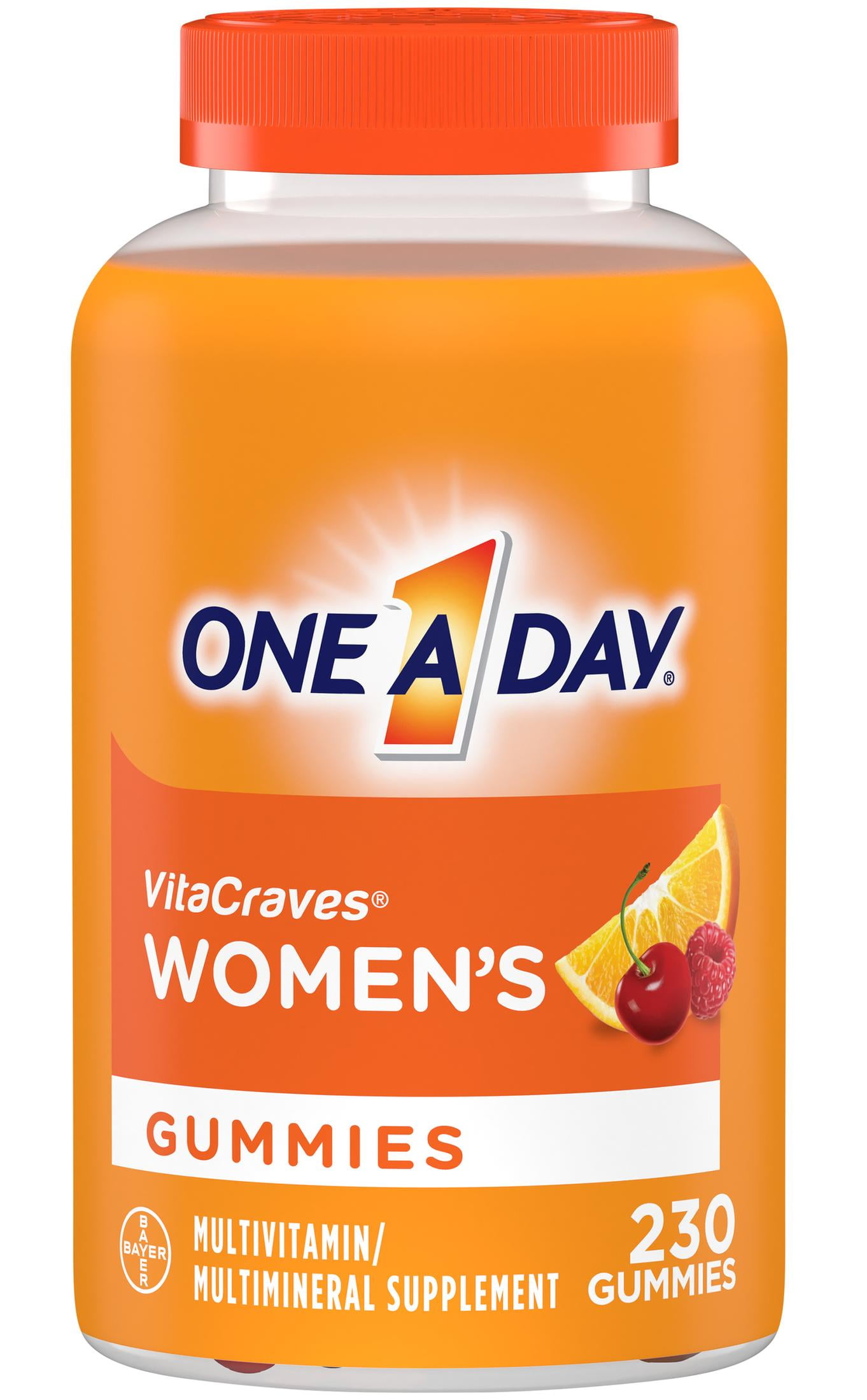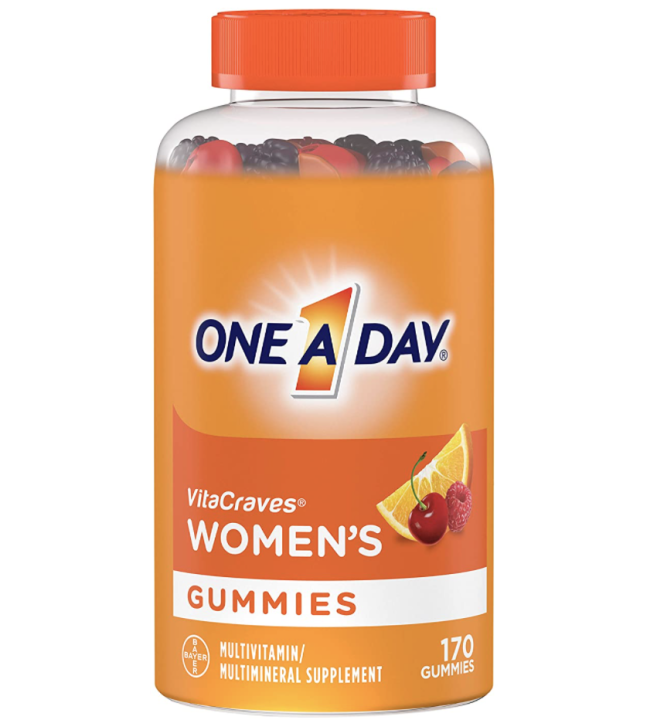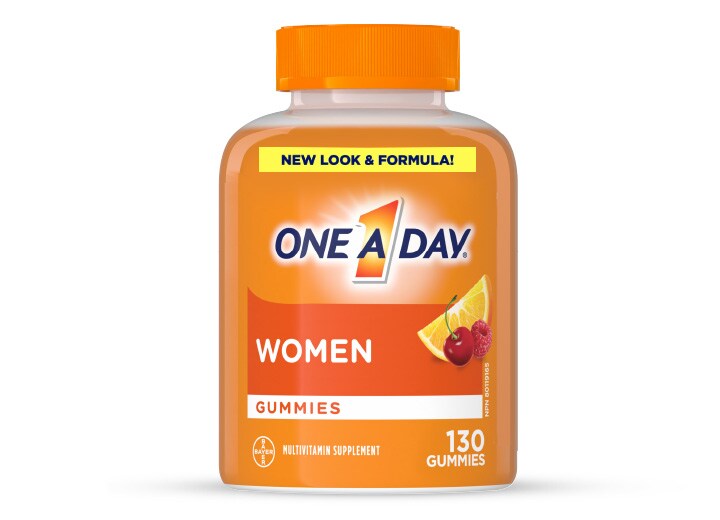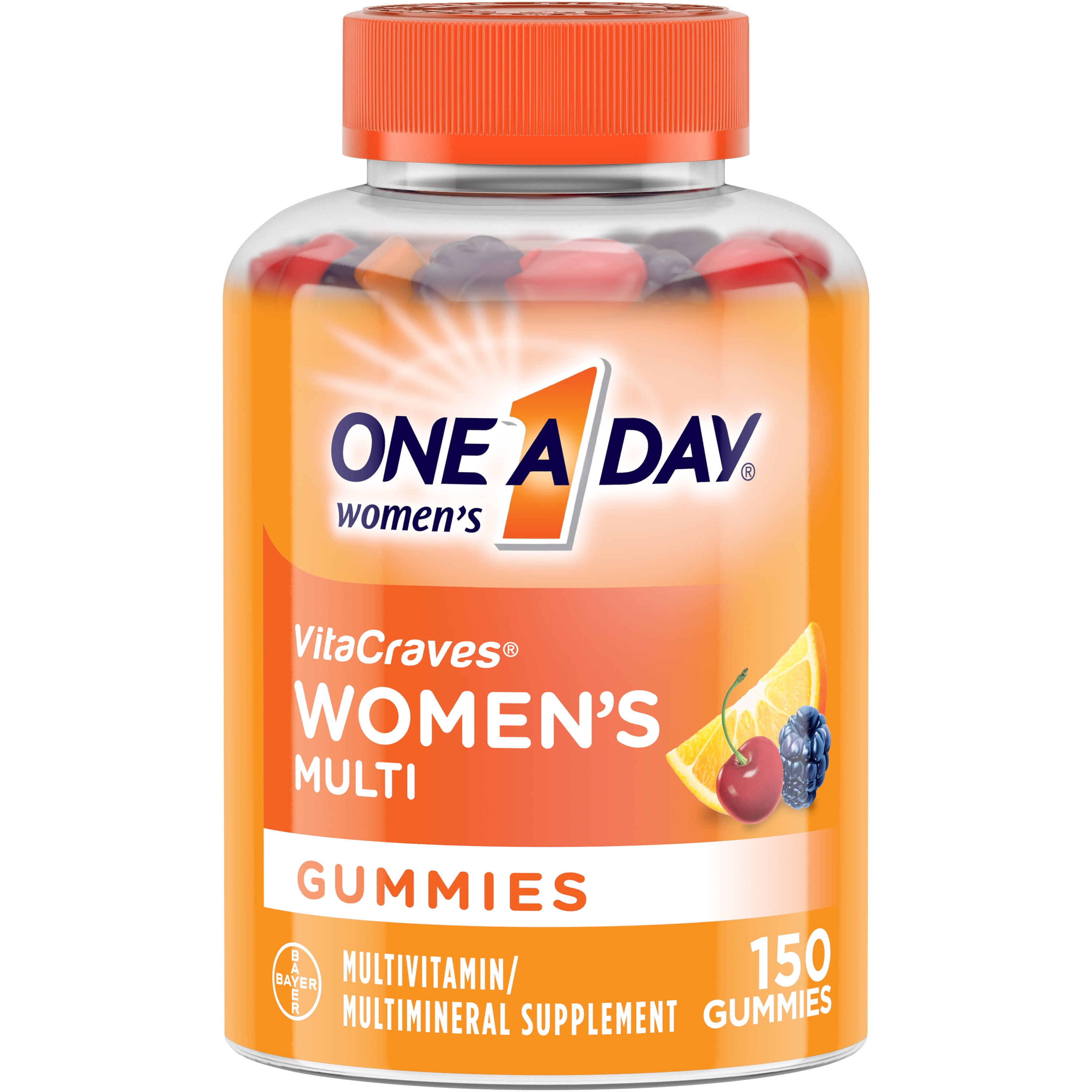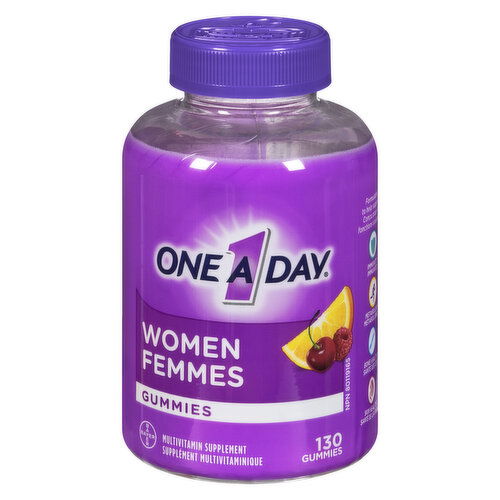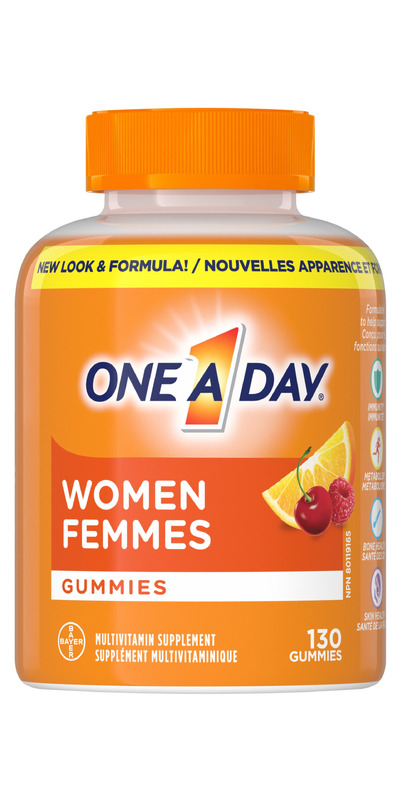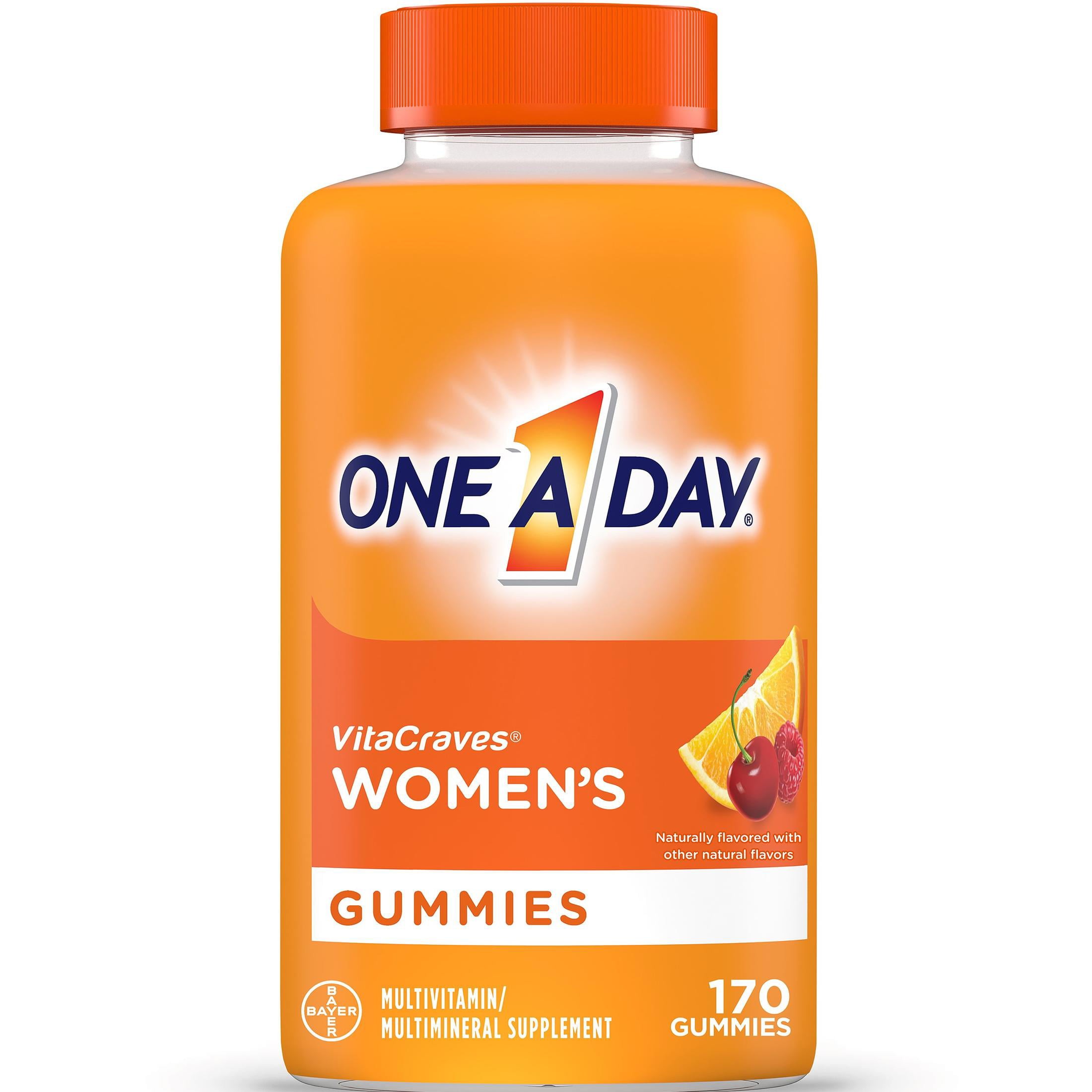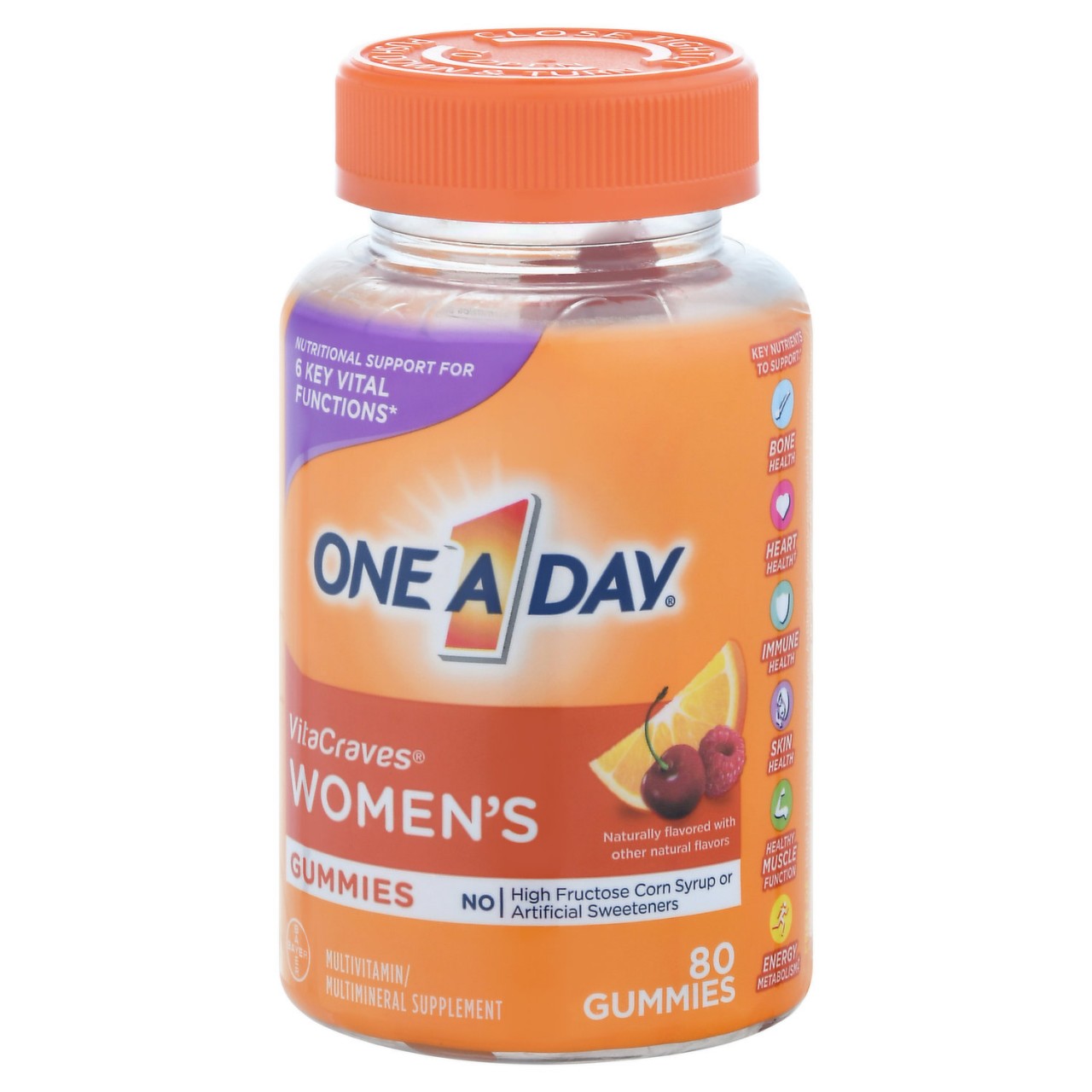One A Day Women's Gummies Review

In a world saturated with health and wellness products, finding the right multivitamin can feel like navigating a complex maze. Among the countless options vying for consumers' attention, One A Day Women's Gummies stand out as a popular choice, promising a convenient and palatable way to supplement essential nutrients.
But do these gummies live up to the hype? Are they a genuinely effective means of supporting women's health, or are they simply a sugary treat masquerading as a health product?
This review delves into the ingredients, nutritional value, potential benefits, and drawbacks of One A Day Women's Gummies to provide a comprehensive assessment. It aims to help consumers make informed decisions about whether these gummies are the right fit for their individual needs and health goals.
Decoding the Ingredients and Nutritional Profile
One A Day Women's Gummies boast a blend of vitamins and minerals deemed essential for women's health. These typically include Vitamin A, Vitamin C, Vitamin D, Vitamin E, several B vitamins (such as B6 and B12), and minerals like zinc and iodine.
The specific amounts of each nutrient vary, and it's crucial to compare these values against the Recommended Daily Allowance (RDA) to understand the contribution to overall dietary needs. The label information needs to be checked against official dietary guidelines.
However, a key consideration is the form of these nutrients. Gummies often use less bioavailable forms of vitamins and minerals compared to traditional tablets or capsules. The presence of added sugars, artificial colors, and flavors are also a concern for health-conscious consumers.
The Sugar Content Conundrum
A significant drawback of many gummy vitamins, including One A Day Women's Gummies, is their sugar content. To achieve the appealing taste and texture, manufacturers often include a substantial amount of added sugars, typically in the form of sucrose or corn syrup.
Excessive sugar intake is linked to various health problems, including weight gain, insulin resistance, and increased risk of chronic diseases. For individuals monitoring their sugar consumption or managing conditions like diabetes, this can be a major concern.
Consumers should carefully examine the nutrition label to assess the amount of added sugars and consider whether it aligns with their dietary goals. Some alternatives with lower sugar content may be a better choice.
Bioavailability and Absorption
The effectiveness of a multivitamin hinges not only on its ingredient list but also on how well the body can absorb and utilize those nutrients. Gummy vitamins, due to their manufacturing process and the forms of nutrients used, can sometimes exhibit lower bioavailability compared to other forms.
The absence of certain compounds that enhance absorption, which might be present in other formulations, can also affect nutrient uptake. Factors like age, digestive health, and concurrent medications can further influence bioavailability.
Research on the bioavailability of nutrients from gummy vitamins is ongoing. Consumers should consult with a healthcare professional to determine if the absorption rate meets their particular requirements.
Potential Benefits and Claims
One A Day Women's Gummies are marketed to support various aspects of women's health, including energy metabolism, immune function, and bone health. These claims are primarily based on the known functions of the vitamins and minerals included in the formulation.
For example, B vitamins are essential for energy production, Vitamin C supports immune function, and Vitamin D and calcium are crucial for bone health. Many of the vitamins are good for hair, skin, and nail health as well.
However, it's important to note that these benefits are contingent on the individual's nutritional status and whether they are actually deficient in any of these nutrients. If dietary intake is already adequate, the additional supplementation may not provide significant benefits.
Addressing Nutrient Deficiencies
For women with specific nutrient deficiencies, One A Day Women's Gummies can be a convenient way to bridge the gap and improve overall health. Iron deficiency, for instance, is common in women, particularly those of childbearing age. Folate is another important nutrient needed to prevent birth defects.
These gummies can help to fill in these gaps. However, it's crucial to identify the specific deficiencies through blood tests and consult with a healthcare provider to determine the appropriate dosage and duration of supplementation.
Self-treating with high doses of any nutrient can potentially lead to adverse effects. This emphasizes the importance of professional guidance.
A Convenient Option for Some
One of the main advantages of One A Day Women's Gummies is their ease of use and palatable taste. For individuals who struggle to swallow pills or dislike the taste of traditional multivitamins, gummies can be a more appealing and sustainable option.
This convenience can improve adherence to a multivitamin regimen, ensuring that individuals consistently receive the intended nutrients. Parents may also find this to be the best option for teenaged girls.
However, it's crucial to remember that gummies are not a substitute for a balanced diet. They should be considered a supplement to, rather than a replacement for, whole foods.
Potential Drawbacks and Considerations
Despite the potential benefits, One A Day Women's Gummies also come with certain drawbacks that consumers should carefully consider. The high sugar content, lower bioavailability, and presence of artificial additives are valid concerns.
Moreover, gummies may not be suitable for individuals with certain dietary restrictions or allergies. Always look for an allergen warning.
Overconsumption is another risk associated with gummy vitamins, as their appealing taste can lead individuals to exceed the recommended dosage, potentially resulting in nutrient toxicity.
The Risk of Overconsumption
The candy-like nature of gummy vitamins makes them particularly tempting to overconsume, especially for children. Exceeding the recommended dosage can lead to vitamin and mineral toxicity, resulting in adverse health effects.
Symptoms of overconsumption vary depending on the specific nutrient but can include nausea, vomiting, diarrhea, and even more serious complications. Adults need to keep the vitamins away from children.
It is essential to store gummy vitamins out of reach of children and to strictly adhere to the recommended dosage guidelines. These vitamins are not candy.
A Balanced Perspective
One A Day Women's Gummies can be a convenient option for individuals seeking to supplement their diets with essential vitamins and minerals. However, consumers should carefully weigh the potential benefits against the drawbacks, including the high sugar content, lower bioavailability, and risk of overconsumption.
It is crucial to carefully examine the ingredient list, nutritional profile, and potential interactions with other medications or health conditions. Consulting with a healthcare professional or registered dietitian is always recommended.
Ultimately, the decision to use One A Day Women's Gummies should be based on individual needs, preferences, and health goals. A balanced and informed approach is key to maximizing the benefits and minimizing the risks associated with any dietary supplement.
Looking Ahead: Future Trends in Multivitamin Formulation
The multivitamin market is constantly evolving, with ongoing research focused on improving bioavailability, reducing sugar content, and incorporating more natural ingredients. Future gummy vitamin formulations may incorporate innovative delivery systems and nutrient combinations to enhance effectiveness and address consumer concerns.
The focus may shift toward personalized nutrition, with multivitamins tailored to individual needs based on genetic factors, lifestyle, and health conditions. Consumers can look forward to more transparent labeling practices and third-party certifications to ensure product quality and safety.
As awareness of the importance of nutrition continues to grow, the demand for convenient and effective multivitamin options will likely persist. Informed choices, guided by scientific evidence and professional advice, will be essential for optimizing health outcomes.
